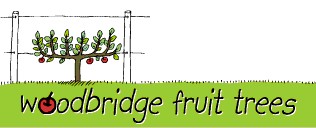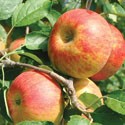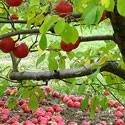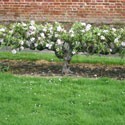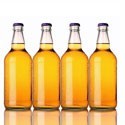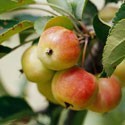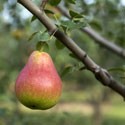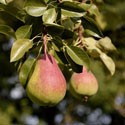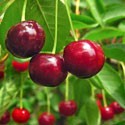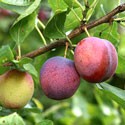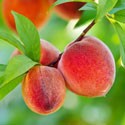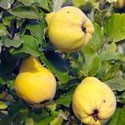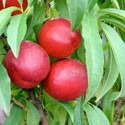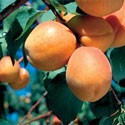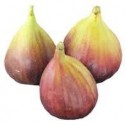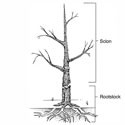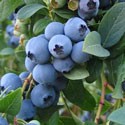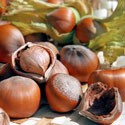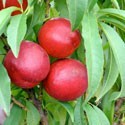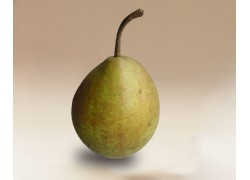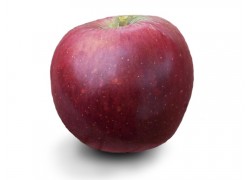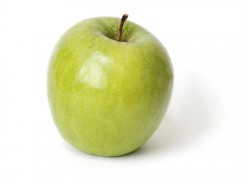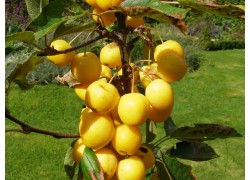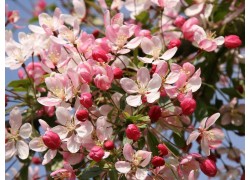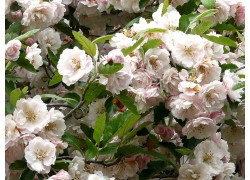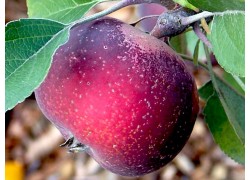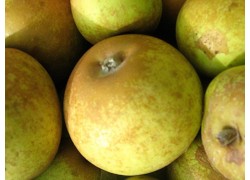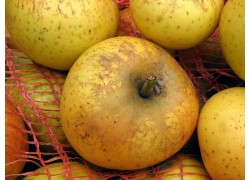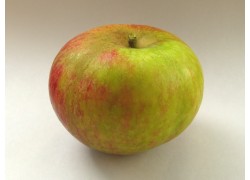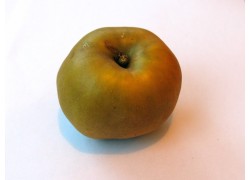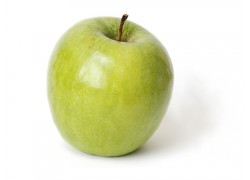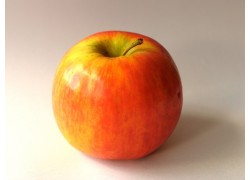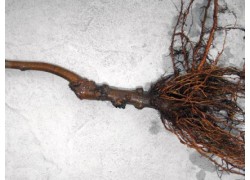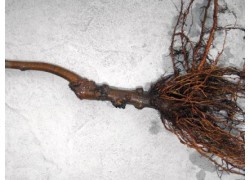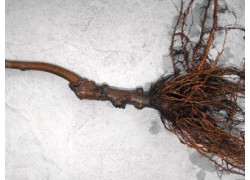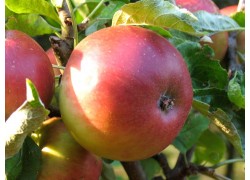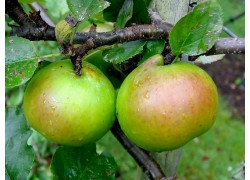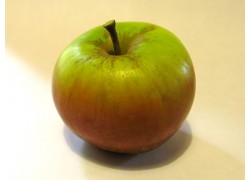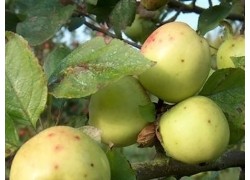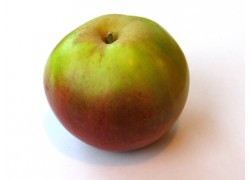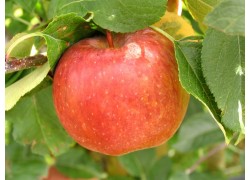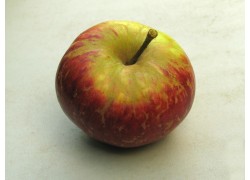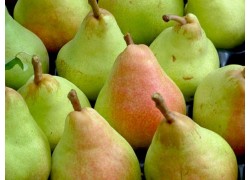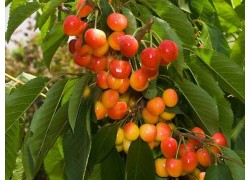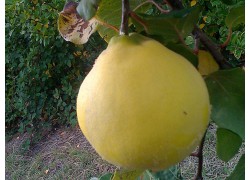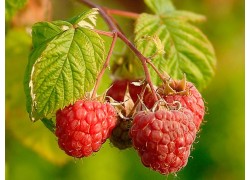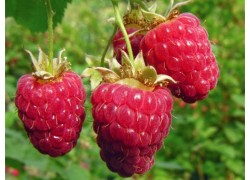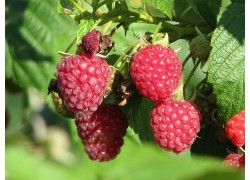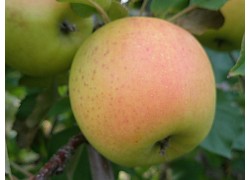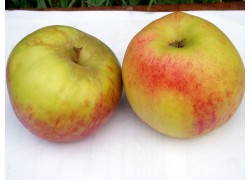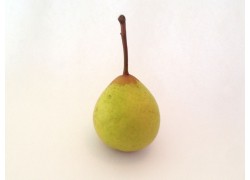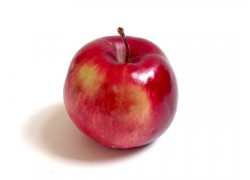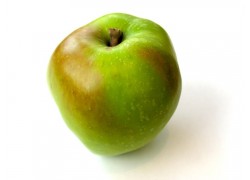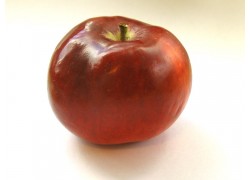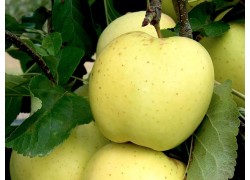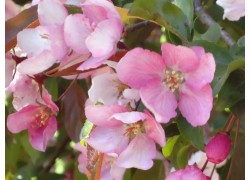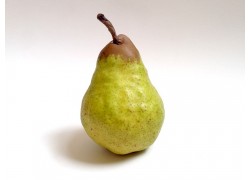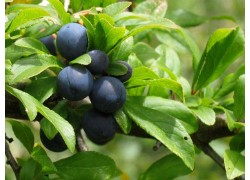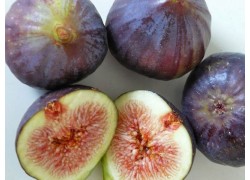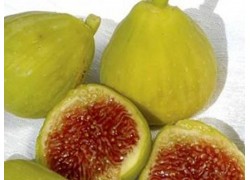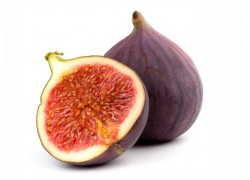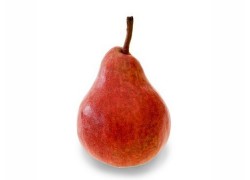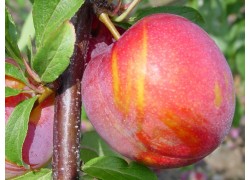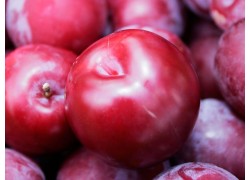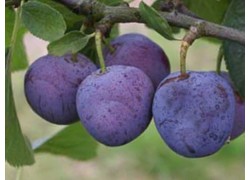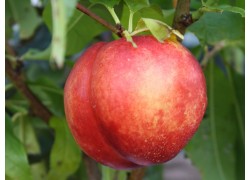No products
Filter
Our range of dwarfing and non-dwarfing fruit trees, nuts, berries.
Fruit Trees There are 256 products.
Subcategories
-
Dwarf Apples
Heritage apple varieties on DWARF rootstock. These apples are ideal for back yards, small orchards, espaliers or anywhere where space is tight. Varieties ripen from Christmas to July providing 6 months of fruit. Wee included some more recent varieties as well as historic ones. There are excellent eating apples, cookers, big, small, common and unusual. Something for every occasion.
-
Semi-dwarfing Apples
Heritage apple varieties on SEMI-DWARFING rootstock. These apples are ideal a free-standing tree, rather than espaliering. They are a little more vigorous than our dwarfing trees.
-
Stepover Apples
Step-over apple trees on EXTRA-DWARFING rootstocks. These highly sought-after trees can make productive hedges half a metre in height. Ideal for edging garden and vegetable beds, or a striking ornamental hedge. We tend to select later ripening varieties so that the fruit are hanging after the leaves have fallen. See our article on step-overs for more information.
-
Cider Apples
Cider apple trees on SEMI-DWARFING rootstocks. These are a selection of specialty cider varieties from the English and French cider traditions. They make superior cider (in the right hands!) and are to the cider world as to the Pinot Noir or Chardonnay are to the world of wine.
-
Crab Apples
Crab apple trees on SEMI-DWARFING rootstocks. These are considered as ornamentals, but can be used in juicing to offset the sweeter apple or pear. Highly regarded as pollinators for apple varieties because of their prolific flowering.
-
Dwarf Pears
Pear trees on DWARFING rootstocks. Dwarfing forms allow these pears to bear much earlier and make more manageable trees than the huge old pear trees seen on old farms. "Pears for your heirs" was the old adage pointing to their longevity, slowness of growth and bearing, and eventual large sized tree. The French (and Belgians) have been responsible for bringing pear culture to it's peak in the 1700s.
-
Perry Pears
Select from our range of Perry pears on Dwarfing rootstocks.
-
Cherries
Cherry trees on DWARFING rootstocks. The sweet cherry varieties we grow have been developed from the European bird cherry (Prunus avium), while the sour cherries (which are still tangy as well as sweet) have been developed from Prunus cerasus, a wild cherry from Asia. Cherries definitely need protection from birds and many growing methods have been developed to accommodate this eg. espalier, spanish bush or fans so that they can be netted.
-
Plums
Plum trees on NON-DWARFING rootstocks. The so-called European Plums we sell were introduced into Europe from Syria and Persia and are the product of long selection and development over the last 1000 years. Plums have pale greenish yellow flesh and rich sugary flavour, ripening in February. Generally two varieties are needed for cross pollination, although there are some that are self fertile. Esplaiering these shuold be done on a fan shape only.
-
Peach
Old style peaches on non-dwarfing rootstock. These are best grown as free-standing trees to 3-4m but can be espaliered in a FAN shape effectively keeping it below 1.8m.
-
Quinces
Quince trees on DWARFING rootstocks. Closely related to the pear, quinces are attractive trees, and the fruit wonderfully aromatic - treasured for cooking, tarts, preserves and jellies.
-
Nectarine
Old style Nectarines on non-dwarfing rootstock. These are best grown as free-standing trees to 3-4m but can be espaliered in a FAN shape effectively keeping it below 1.8m.
-
Apricots
Apricot trees on SEMI-DWARFING rootstocks. These are best grown as free-standing trees to 3-4m but can be espaliered in a FAN shape effectively keeping it below 1.8m. The Moorpark produces a smaller tree, and can be kept smaller on an espalier as well. Medlars produce small trees or can be espaliered easily to 1.5m.
-
Figs
Figs on non-dwarfing rootstocks. Knows for their sensuous fruit both fresh and dried. Figs like long hot summers but not too dry, with well drained soils, preferrably out of the wind. They tolerate being potted. -
Rootstocks
Rootstocks are used for grafting and budding onto. If you know or want to learn how to graft or bud, you can propagate yourself. This year we offer a handful of rootstocks, but sorry no quince or pears.
-
Berries
A selection of raspberries, blackberries, logans, blueberries, currants and other edible berries for the garden.
-
Nut Trees
Hazelnuts and almonds. Hazels are great for mass hedging, but can be trained into a small tree. Almond pollination can be tricky but this self-fertile one allows you to grow plenty with just one tree.
-
Dwarf Stone Fruit
Dwarfing Stone fruit - Peaches, Apricots, Plums, Nectarines. Idea for small espaliers or pots.
-
Bing Ripens: January
Bing is another dark glossy attractive sweet cherry. Originating in 1875 Oregon USA, and is still one of the main commercial varieties today. Unsurpassed eating quality, sweet, large fruit with deep red colour and firm flesh that resists bruising. Needs a pollinator - a Stella, Van, Rainier, or Lapin. Ripens mid season.
$39.50 -
Winter Cole Ripens: April
A seedling from Bonne de Malines (Winter Nelis) raised by JC Cole in Richmond Victoria in 1880s. Smaller green partially russeted fruit. Tender sweet juicy flesh with good flavour. Ripens later in the season, can store well. Pollination is from another one of our pears.
$42.50 -
Lady Williams Step-Over Ripens: June - July
This is a true Australian Federation apple believed to be the daughter of Rokewood and Granny Smith both of which are famous old Australian varieties. It is a large apple, maturing July or even later and keeps extremely well. Brilliant red purple skin, longish conical fruit with excellent flavour.
$42.50 -
Granny Smith Step-over Ripens: June - July
This famous Australian apple should be know my most. A very green apple, large with prominent dots on the skin. The white flesh is very crisp, juicy and acid. Unfortunately the public seldom have a chance to eat fully mature Granny's straight off the tree as they are picked in March and cool stored. They hang very well on the tree after the leaves have
$42.50 -
Golden Hornet Ripens: March - April
This crab produces abundance of small yellow fruit in clusters during Autumn and into winter. Springtime produces a mass of white flower. Stunning crab. An excellent pollinator for all domestic apple species.
$39.50 -
Malus Floribunda Ripens: March - April
Forms a spreading densly branched tree, producing amazing masses of reddish pink blossom in Spring. During Autumn, produces a lot of small red fruit. This crab is planted as a focal point for its bloom but the fruit can be used in cooking.
$39.50 -
Malus Ioensis "plena"
A flowering crab apple that rarely bears fruit. Produces masses of double pinky-white flowers during springtime. The leaves turn beautiful reds in Autumn.
$39.50 -
King David Ripens: April - May
Dating back to Arkansas 1890's, this is thought to be a cross between Jonathon and Black Arkansas or Winesap. Quite a spicy / tart apple, similar to a winesap - ideal for cider. Very juicy. Red to dark black in colour, ripens late.
$39.50 -
Brown Snout Ripens: April - May
Originating in Hereford, UK in the mid 1800's. A late medium bitter-sweet variety, high yeilding.
$39.50 -
Sweet Coppin Ripens: March
Originally from Devon, UK. Makes sweet cider, or for balancing with bitter / sharp varieties. Ripen in March.
$39.50 -
Cox's Orange Pippin Semi-dwarfing Ripens: February - March
This must be the world's most revered apple, originating in Buckinghamshire England in 1825, thought to be an offspring of Ribston Pippin. An attractive strip yellow/orange skin on a yellow background with the charateristic cox's russet around the collar. Crisp juicy flesh when ripe, with a richness that is difficult to describe except it has all
$39.50 -
Fenouillet Gris Dwarfing Ripens: March - April
This is the most unusual apple we grow - it's as far from the supermarket stereotype as you can get. Originating in France as far back in the 1600's, a small reddish orange blocky apple almost totally russetted. The flesh is deep yellow and has a distinctly delicious anise flavour. No apple collection is complete without this one.
$39.50 -
Granny Smith Semi-dwarfing Ripens: June - July
This famous apple originated as a chance seedling in the back garden of a Mrs. Mary Anne Smith of Ryde near Sydney around 1860. It's thought to be the offspring of a variety called 'French Crab' which it closely resembles. Granny's are large and very green with prominent dots on the skin. The white flesh is very crisp, juicy and acid. Unfortunately the...
$39.50 -
Pink Lady Semi-dwarfing Ripens: June - July
Most people will know Pink Lady because of it's popularity Australia wide. It's has fairly large fruit with excellent appearance, pink to pale red blush over a yellow background. Nicely flavoured pale yellow firm flesh. Matures very late and stores very well. Presently Australia's most famous apple: 3rd generation Australian, starting from Rokewood -->...
$39.50 -
Apple Rootstocks (Dwarfing M26)
A dwarfing rootstock for growing and propagating apples and crabapples onto. These have been grown on for one year after harvesting from a stoolbed, so have established root systems.
$13.00 -
Apple Rootstocks (Semi-Dwarfing M111)
A semi-dwarfing rootstock for growing and propagating apples and crabapple. These have been grown on for one year after harvesting from a stoolbed, so have established root systems.
$13.00 -
Cherry Rootstocks (Stallion)
Stallion rootstock are for for growing and propagating cherries only. These have been grown on for one year after harvesting from a stoolbed, so have established root systems. Trees grow up to 3m or tolerate being espaliered to 1.5m.
$13.00 -
Akané Semi-dwarfing Ripens: January
Some consider this the best early commercial apple. It is actually a cross between Worcester Pearmain and Jonathan. It's deep red in colour with a few stripes, uncomplicated sweet flavour, is very crisp and stores / transports well for an early apple. Ripens late January.
$39.50 -
Bramley's Seedling Semi-dwarfing Ripens: March - April
England's most popular cooking apple - and for good reason - when cooked produces a puree that is unsurpassable both in texture and flavour. It has a firm tart acid flesh, with green skin flushed brownish-red on the sunny side. The fruit are large in size with a slightly irregular shape. Stores very well.
$39.50 -
Sturmer Semi-dwarfing Ripens: June - July
Feedback from our customers rates Sturmer as one of the most satisfying apples to grow. It's extremely late, very acid, and is really a great all rounder - eaten fresh, cooked, juiced or made into cider. By modern standards it's no beauty; with orange/yellow russeted skin, a dense yellowish flesh, and medium in size. It's a very heavy cropper and stores...
$39.50 -
Michelin Ripens: March
A medium sized yellow-green fruit ripening mid-season (March). A bitter-sweet variety, originating in Yvetot, France. Produces medium cider, and often used for blending. Partially self-fertile.
$39.50 -
Ida Red Step-Over Ripens: May - June
A very handsome late ripening, deep red apple - a cross between Jonathan and Wagener from Idaho USA in 1942. Crisp flesh and an uncomplicated sweet / acid tasting flesh. Great cooked as well as eaten fresh and stores exceptionally well.
$42.50 -
Fuji Step-Over Ripens: June - July
A well known variety developed in Japan from it's parent Red Delicious. An attractive red skin, crisp yellowish flesh, uncomplicated deep sweet flavour and is always predictably juicy. Medium to large sized fruit. Fuji stores well - improving in quality and flavour. A thoroughly modern apple, and one of the latest maturing varieties. Suitable for...
$42.50 -
Kidd's Orange Red Step-Over Ripens: March - April
An excellent eating apple, no surprise due to it's parentage: Cox's Orange and Red Delicious, developed in New Zealand by John Kidd in 1924. The skin is a flushed orange red with a slight russet while the flesh is aromatic, crisp, sweet and creamy white. Always rates very high in apple tasting events. It stores well. As we grow it on other rootstocks, be...
$42.50 -
Glou Morceau Ripens: April
A small to medium pear, with a delightful light melting flesh, juicy and fine. The skin is light green in colour without russet with a little orange blush on the sunny side, but no russett. Reliable cropper. Also called Beurre d'Hardenpont after a Belgian priest around 1750, and earned the name Glou Morceau (translates Dainty Morsel) on it's way to...
$32.50 -
Rainier Ripens: January
A pale fleshed cherry, plump and creamy sweet. Developed in 1952 as a cross between Van and Bing in Washington USA. A most amazing flavour, these almost translucent beauties are considered the cream of the crop. The fruit need to be carefully handled to avoid bruising, and like all cherries need netting to protect from birds. Pollinated by Van, Bing,...
$42.50 -
Appleshaped Ripens: March - April
A heavily bearing with fruit curiously the shape of an apple. The tree is vigorous, spreading, small leaved and productive. Possibly from USA.
$39.50 -
Raspberry Chilcotin Pack Ripens: December
A summer fruiting raspberry, heavy cropping with good quality fruit. Generally start ripening in December for 4 weeks and a small crop later in early Autumn. Used for eating fresh, jams, frozen. 10 Canes per bundle. Regarded as one plant for shipping purposes.
$32.00 -
Raspberry Chilliwack Pack Ripens: December
A summer fruiting raspberry, almost thornless, plump good quality fruit. Generally start ripening in December for 4 -6 weeks. Used for eating fresh, jams, frozen. 10 Canes per bundle. Regarded as one plant for shipping purposes.
$37.00 -
Raspberry Heritage Pack Ripens: March - April
An autumn fruiting raspberry, large good quality fruit and high yield. Used for extending the fruiting season. Used for eating fresh, jams, frozen. 10 canes per bundle. Regarded as one plant for shipping purposes.
$32.00 -
Raspberry Autumn Bliss Pack Ripens: March - April
An Autumn fruiting variety. Red, plump good quality fruit. Used for eating fresh, jams, frozen. 10 Canes per bundle. See our article on growing raspberries.
$37.00 -
Mutsu Dwarfing Ripens: May - June
Fruit tend to be green all over, medium to large in size and very heavy regular cropping. Mutsu originated in Japan in the 1940's, an offspring of Golden Delicious. The flesh is crunch and extremely juicy with a sprightly (some say fruit salad) flavour that's unique. An apple that seems to satisfy all tastes, as we're always getting good feedback about it...
$39.50 -
Baldwin Dwarfing Ripens: April - May
A large handsome red apple with yellow flesh – crisp, crunchy, juicy with a hint of spice. Originating as a seedling from Massachusetts around 1750’s, it rose temporarily to commercial success in the early 1900’s in the USA. This apple always attracts keen interest at our apple tastings.
$39.50 -
Dearbourne's Seedling Ripens: February - March
A smallish pear with a classic pear shape, light green to pale yellow with tiny russet dots when ripe. Tends to bear early and quite prolificly. Flesh is high quality, smooth sweet and juicy. Unknown origin. Also called Dearborn Seedling. Pollination by any other variety of our pears.
$42.50 -
Pomme de Neige Step-Over Ripens: March - April
Also known as Snow apple, Lady in the Snow, Fameuse, Chimney Apple and about 20 other names which reflects its popularity and how widely distributed this variety is. Originated around 1730 in Quebec, Canada an offspring of McIntosh. The attractive smallish fruit have red sometimes striped skin on a background of pale red and green.
$42.50 -
Catshead Step-Over Ripens: April - May
This is a majestic apple - large dense dark green apple with flattish sides. Often a little red develops on the sunny side. White flesh. Known in England as far back as the 1600's. Good eaten fresh but comes into itself as a cooker (a costard) that develops a wonderful spicy flavoured pulp.
$42.50 -
Mcintosh Step-Over Ripens: March - April
One of the world's most famous apples originating around 1800 in Ontario, Canada. It's a bright red apple, roundish shaped that fits gently into the hand, with a bit of stripe or fleck in the colouring. It has sweet scented white flesh, occasionally with pink streaks. It at least partially self fertile and a good provider of pollen.
$42.50 -
Greensleeves Dwarfing Ripens: February - March
This apple is a cross between James Greives and Golden Delicious, developed in 1966 in Kent, UK. Sweet, juicy and crisp, with a warm yet slighly sharp taste make it a very good eating apple.Inherited from the Golden Delicious is the golden yellow skin with little russet spots, but a slightly squatter in shape.
$39.50 -
Malus Ioensis "rubra"
A flowering crab apple that rarely bears fruit. Produces masses of single bright pink flowers during springtime. The leaves turn beautiful orange and reds in Autumn.
$39.50 -
Packham's Triumph Ripens: March
An Australian bred pear from NSW 1896, the Packham has been grown widely accross Australia as an all-purpose pear - good eaten, cooked and stored. Green skin turning yellowish after picking, the shape sometimes a little bumpy. Flesh excellent, sweet juicy. It handles well and keeps on the shelf and in storage.
$42.50 -
Sloe "Blackthorn" Ripens: March
The sloe (prunus spinosa or Blackthorn) is the wild tiny plum from Europe, very acid and with only a couple of mm of flesh around the seed, the sloe comes into it's own making sloe gin. The ripe fruit is packed into a large jar after each being pricked with a needle several times - then sugar added and covered with Gin. Let it stand for 3 months, take out...
$65.00 -
Black Genoa Fig Ripens: February
Excellent flavoured large fruit with greenish purple skin and dark red, rich sweet flesh. A reliable, heavy cropper with two crops a year. Vigorous, spreading tree. Fruits in February for three months. Use for fresh fruit, drying and jam. Figs prefer dry hot summers but need water when fruiting, and prefer well drained but fertile soil. Full-sun....
$41.00 -
White Adriatic Fig Ripens: February
Spherical fruit with greenish skin tinged with amber when ripe. Light strawberry to deep red pulp with excellent flavour. Crops once a year. Medium vigor tree, low and spreading. Fruits around January - February. Use for fresh fruit, drying and jam. Figs prefer dry hot summers but need water when fruiting. Prefer well drained but fertile soil....
$41.00 -
Brown Turkey Fig Ripens: February
Medium to large pear-shaped fruit, colured brown to dark purple when ripe. Flesh pink / white and flavour sweet but milder than some of the others. A reliable cropper, vigorous and hardy tree. Fruits around January - February. Use for fresh fruit, drying and jam. Figs prefer dry hot summers but need water when fruiting. Prefer well drained but fertile...
$41.00 -
Red Williams Ripens: February - March
An attractive large red pear. Juicy, tasty soft flesh and best eaten off the trees as it stores less well as other varieties. Is partially self fertile, but will crop better if near another variety of our pears. A red form of the well known William Bon Chretien pear.
$42.50 -
Burbank Ripens: February
Burbank is a Japanese plum, medium sized with yellow flesh and red skin. Excellent flavour, early to mid ripening. Usually has a 'wax bloom' coating that polishes off easily. Can tolerate cold quite well and equally low chill climates. Partially self-fertile, will produce more fruit when pollinated by another Japanese plum e.g. 'santa rosa'.
$39.50 -
Mariposa Ripens: February - March
Mariposa is a japanese blood plum, medium sized fruit with redish skin. Sweet, soft dark blood flesh with a small pip, almost free-stone. Low chill. Partially self-fertile, will produce more fruit when pollinated by another Japanese plum e.g. 'santa rosa'.
$39.50 -
Santa Rosa Ripens: February
Santa Rosa is the a red fleshed Japanese plum, with medium sized fruit and a deep red skin. A prolific bearer, self fertile and reliably pollinates other japanese plums. Widespread popular variety grown commercially, Bred by Luther Burbank in around 1906 USA. Low Chill.
$39.50 -
Purple gage Ripens: February - March
A small round greenish purpe plum with intense flavour, similar to the greengage. Also called Rein Claude Violette. Great for stewing, eating and bottling. Free-stone. Considered partially self fertile but having another European plum will increase yield.
$39.50 -
Flavourtop Nectarine Ripens: February
A large yellow-fleshed nectarine, freestone that ripens in February. Red skin, with excellent flavour and a firm flesh. Self-fertile.
$39.50
